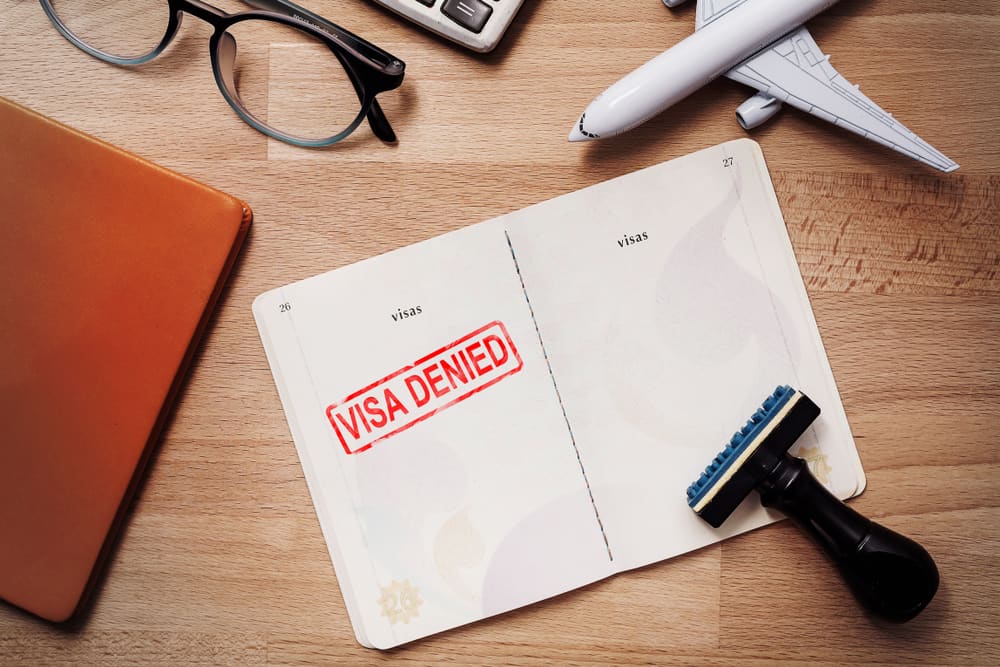What Are Collateral Consequences?

Collateral consequences are civil penalties that accompany criminal convictions, such as loss of employment, immigration issues, and voting rights, which can occur immediately or long after sentencing.
Many times, these additional consequences are civil penalties outlined by state law and imposed in addition to the normal penalties of a criminal conviction (jail, probation, fines).
Some collateral consequences will be obvious, while others can actually happen long after an individual is convicted of a crime, making it essential to consult a criminal defense lawyer to navigate these complexities.
Quick Navigation Menu
What Are Some Examples of Collateral Consequences?
If you are convicted of a crime in California, you can face many potential collateral consequences.
Some of the most common collateral consequences that an individual can face after their conviction include:
- Loss of a current job
- Inability to gain future employment
- Immigration issues, including deportation
- Action against a professional license
- Traveling to other countries
- Eligibility for housing
- Loss of the right to own and use a gun
- Loss of the right to vote
- Loss of driving privileges
These are just some of the potential collateral consequences that can occur if you are convicted of a crime in California. These penalties can be substantial and should be avoided if at all possible. Some of these rights and privileges can be restored, and some cannot. A compilation of all collateral consequences for convictions in California can be found here.
The Importance of Understanding Collateral Consequences
It is extremely important to understand all of the potential collateral consequences of your criminal charge or conviction. Sometimes, the collateral consequences are actually worse than the punishment for the crime. For instance, say someone is charged and convicted of drunk driving (DUI) and avoids being sentenced to jail time. Still, the loss of their driver’s license might have more of an impact than any probation or court costs.
You can even lose certain rights as a collateral consequence. A domestic violence charge, for instance, takes away your Constitutional right to own a firearm. If you are in possession of a firearm after a conviction for domestic violence, you may be subject to a federal felony charge. In short, before you take any deal or decide to go to trial on a criminal charge, it is important to assess the potential of any and all collateral consequences that could result.
The Case of Padilla v. Kentucky
In the case of Padilla v. Kentucky, Jose Padilla was a non-citizen who pled guilty to drug trafficking on the advice of his attorney. He was not informed about the mandatory deportation that comes with pleading guilty to drug trafficking and appealed his case. All the way up to the United States Supreme Court.
The Court held that attorneys are required to inform their clients of the potential of collateral immigration consequences, such as deportation, after a criminal conviction. If an attorney fails to tell his or her client of a plea deal’s potential immigration consequences, then that attorney can be deemed ineffective. If an attorney is deemed ineffective in assisting his or her client, the client didn’t get to exercise their Sixth Amendment right to counsel fully. If that happens, then a conviction can be overturned, and the case can be sent back to its beginning.
How to Avoid Collateral Consequences
The best way to avoid the collateral consequences of a conviction is to mount the strongest defense possible for your case and avoid conviction. When this happens, your rights are fully restored, and you should be able to continue on with your life. If you have already been convicted of a criminal charge, then the best way to avoid collateral consequences is to get your criminal conviction expunged from your record.
California does not have a traditional expungement system, but convicted persons are allowed to request that a court clear their criminal record. To do this, you must petition the court to allow you to withdraw your conviction. If you plead guilty, the judge will allow you to withdraw your guilty plea, a not guilty plea is instead entered, and then the case gets dismissed by the judge. If you were convicted at trial, the judge will remove the conviction and dismiss the case — if they agree to expunge your record.
It is important to have the help of an attorney to get your criminal record cleaned.
Any Further Questions?
If you are charged with a crime and are wondering what potential collateral consequences you may face if you are convicted, then it is important to speak to an experienced criminal defense attorney right away. We offer a free consultation so you can have your case evaluated professionally.

CONTACT A CRIMINAL DEFENSE ATTORNEY
Facing criminal charges in Los Angeles? Trust The Rodriguez Law Group Los Angeles Criminal Defense Attorneys to secure the best possible outcome. Our experienced criminal defense lawyers have 20+ years of expertise in handling criminal cases.


